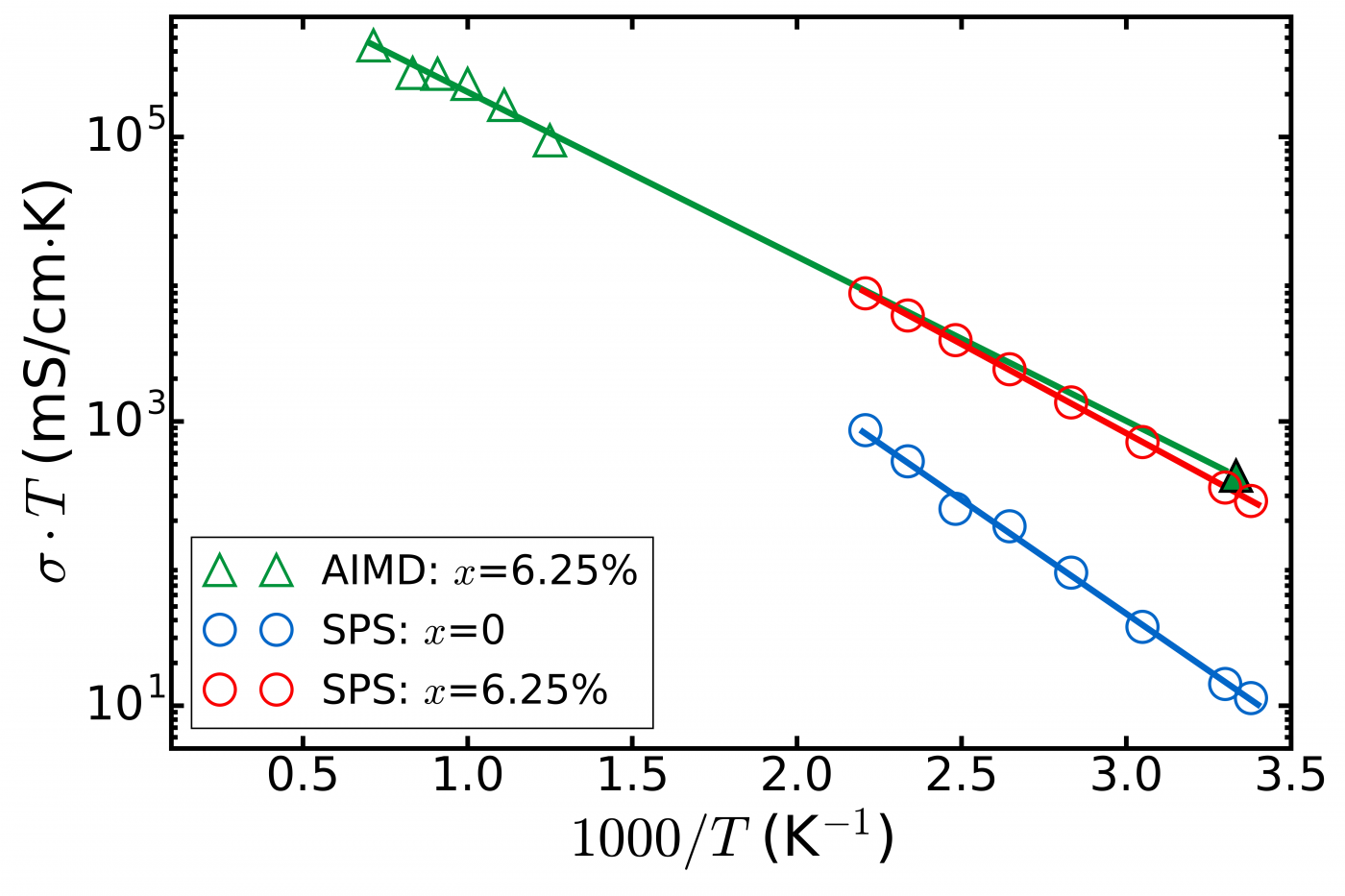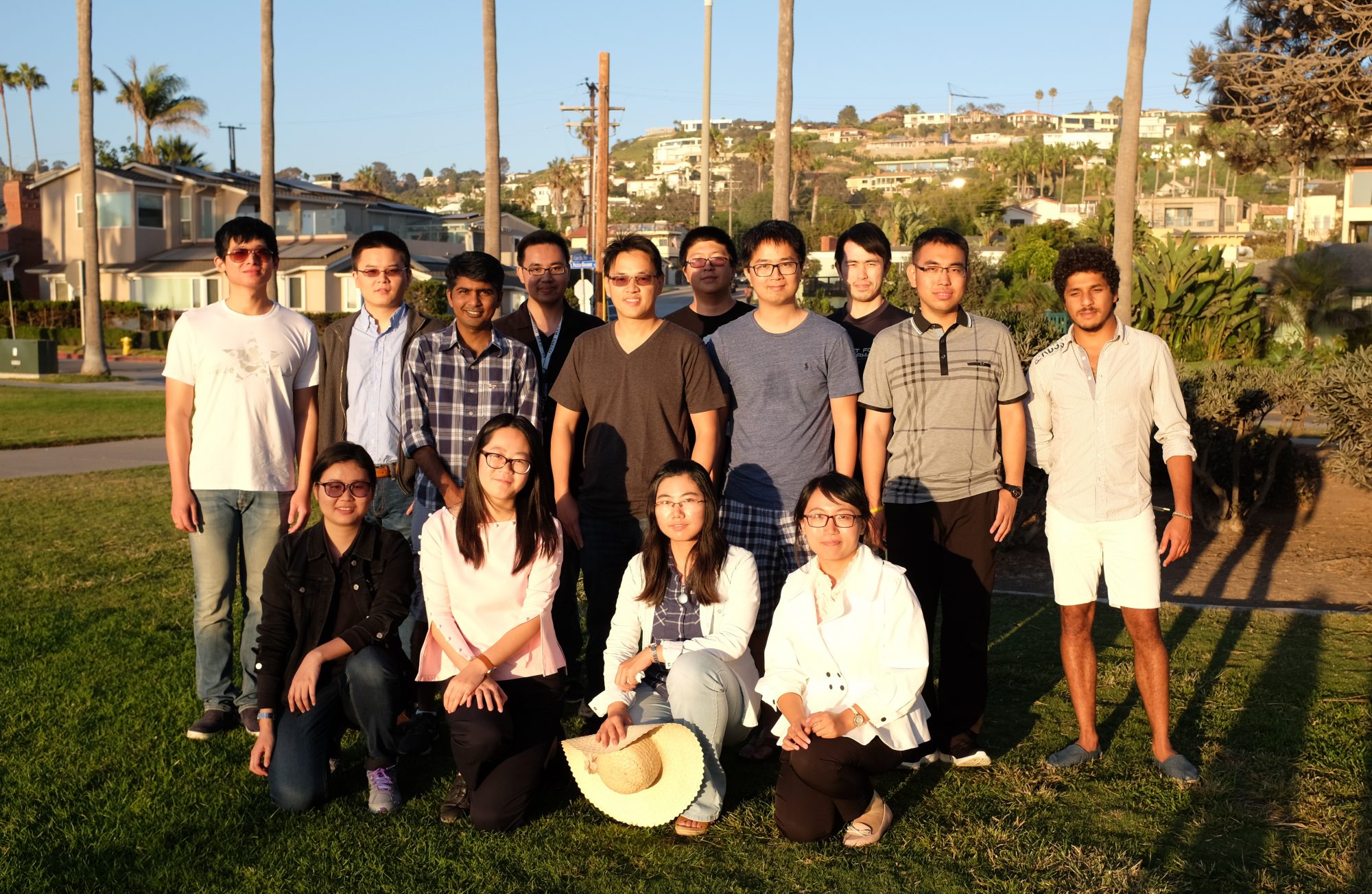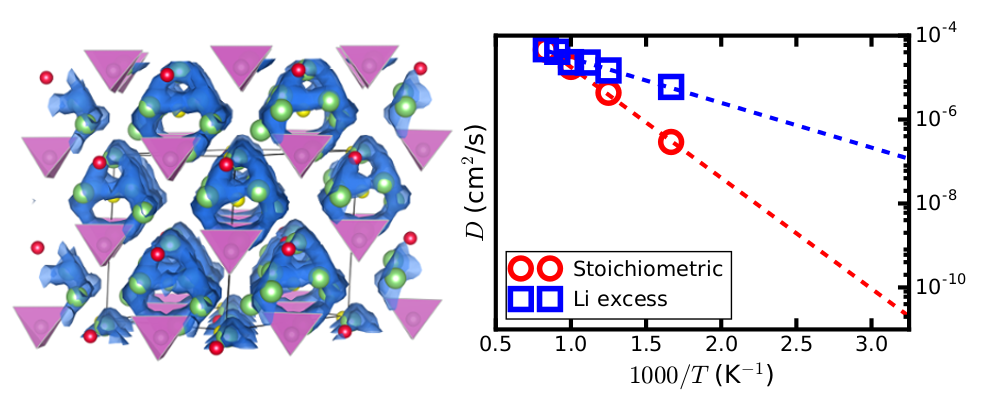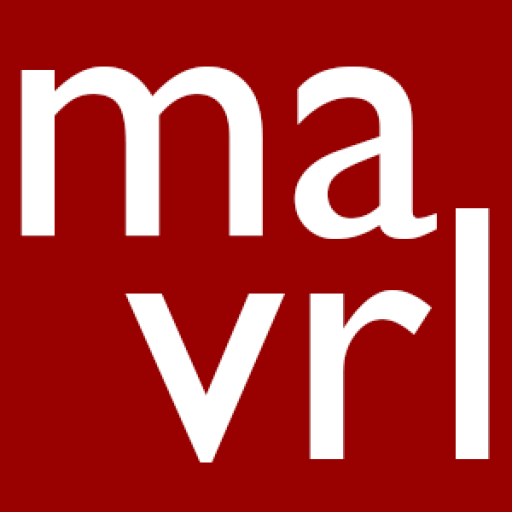Room-Temperature All-solid-state Na-ion Batteries with Cl-doped Na3PS4
In collaboration with the Laboratory of Energy Storage and Conversion (LESC), we have developed a room-temperature all-solid-state rechargeable sodium-ion battery utilizing a novel Cl-doped Na3PS4 superionic conductor. The Cl-doped tetragonal Na3PS4 solid electrolyte exhibits room-temperature Na+ conductivity exceeding 1 mS/cm, and an all-solid-state TiS2/t-Na3−xPS4−xClx/Na cell utilizing this solid electrolyte can be cycled at room-temperature at a rate of C/10 with a capacity of about 80 mAh/g over 10 cycles. We show that this excellent electrochemical performance is not only due to the high Na+ conductivity of the solid electrolyte, but also due to the effect that “salting” Na3PS4 has on the formation of an electronically insulating, ionically conducting solid electrolyte interphase. This work is published in Scientific Reports. The co-first authors are Iek-Heng Chu (MAVRL), Christopher S. Kompella (LESC) and Han Nguyen (LESC), and the corresponding authors are Professors Shirley Meng and Shyue Ping Ong.





